Psilocybin, a psychedelic compound commonly found in “magic” mushrooms, has a checkered history.
While once synonymous with the counterculture movements of the 60s, where it was a way to “trip” and induce altered states of consciousness that are seemingly out of this world, attention has turned to its controlled use as a powerful tool for improving mental health.
While much of the legal and political world still class psilocybin as a Schedule I drug, science and medical professionals, from psychologists to neuroscientists, are hurriedly studying psilocybin to determine the untapped scale of its potential.
While it certainly doesn’t come without risks, psilocybin has already shown its ability to mitigate the ill effects of mental health. This article will overview everything you need to know about psilocybin and how it will likely one day be a common treatment for a whole host of currently difficult-to-treat mental health conditions.
What is Psilocybin?
Psilocybin is a psychedelic substance, a subclass of hallucinogenic drugs whose primary effect is to trigger non-ordinary mental states (known as “trips). It is found naturally in over 200 species of fungi, mushrooms colloquially known as “magic mushrooms”, but can also be produced synthetically.
One of the most notable effects of ingesting psilocybin-based chemical compounds is altering states of consciousness, including hallucinations and other subjective experiences.
Although mostly identified as a recreational drug where one can experience trips and altered states of consciousness, psilocybin has piqued the interest of scientists and researchers for its apparent therapeutic benefits in treating mental health, including depression, addiction, and PTSD.
Related Article: How Too Much Dopamine Can Lead to Addiction.
What are the Effects of Ingesting Psilocybin?
When ingesting psilocybin, typically from eating mushrooms but also from brewing tea, brewing a tincture, or swallowing capsules, a variety of effects can manifest depending on many variables, including an individuals biology, such as metabolism, and external factors, such as the environment in which the drug is consumed.
The cultivar (species) of mushrooms and dosage are obviously important; the more you ingest, the more intense (positive or negative) the effects. Some mushrooms are also vastly more potent than others, which presents a significant danger for untrained and unsupervised users.
What is often overlooked, however, is the state of mind a person is in when taking it. Experiments led by Timothy Leary at Harvard University described the importance of this in the early 1960s, referring to it as the “set and setting”.
With that in mind, users of psilocybin typically report the following three significant effects:
1) Perceptual Changes
Hallucinations are one of the most common effects of ingesting psilocybin. Both open- and closed-eye hallucinations may occur, where users see multicolored shapes and sequences.
Synthesia can also occur, a strange phenomenon where stimulation of one sensory modality (such as hearing) leads to an involuntary experience of another sensory modality (such as seeing colors).
For example, when someone experiencing synesthesia hears a sound, they might perceive it as a particular color, shape, or texture. Synesthesia can occur in any of the senses, leading to mind-bending alterations in how one perceives sensory information.
Psilocybin also strongly influences the experience of the passage of time, most often by giving the feeling that time has slowed down.
While the neurochemical reasons for this unusual effect are still largely unknown, it is believed to be related to psilocybin’s’ role in altering prefrontal cortex activity, an area of the brain known to affect the perception of time.
2) Changes in Anxiety and Mood
One of the most intriguing and promising effects of psilocybin is its potential therapeutic benefits for anxiety and mood disorders.
Psilocybin has been shown to help with anxiety by promoting a state of relaxation through a reduction in activity in the amygdala, a part of the brain involved in inducing fear and anxiety.
It can also increase the connectivity between regions of the brain, leading to heightened feelings of emotional openness and being connected to nature.
In terms of mood, psilocybin increases the production of the neurotransmitter serotonin, which is associated with feelings of well-being and happiness.
Psilocybin can also promote neuroplasticity – the brain’s ability to reorganize itself and form new neural connections, leading to improved mood and increased resilience to stress.
3) Feelings of Connectedness with the Environment and the Spiritual/Mystical
Psychedelics like mescaline (from peyote cacti) and psilocybin (from mushrooms) have spiritual roots dating back thousands of years, where spiritual and indigenous groups used them for ceremonial purposes.
Although mystical and spiritual experiences resulting from psilocybin remain largely subjective and thus difficult to measure empirically, research has found a profound correlation between the two.
One such experiment, conducted by The National Institute of Drug Abuse in 2006, has been praised by experts for the soundness of its experimental design.
In the experiment, 36 volunteers (with no experience or history of consuming hallucinogens) were given psilocybin or Ritalin (acting as a control and placebo).
When measured using a questionnaire, 61% of subjects reported a “complete mystical experience” after a single psilocybin session, while only 13% reported the same experience with Ritalin.
When asked two months after the psilocybin session, 79% of participants reported moderate to greatly increased life satisfaction and well-being. After 14 months, one-third reported that the experience was the single most meaningful or spiritually significant event of their lives, and two-thirds ranked it among their five most spiritually significant events.
More recently, a 2017 study by Griffiths found that doses of 20 to 30 mg/70 kg psilocybin resulted in lasting changes to mystical-type experiences, including altruism, gratitude, and forgiveness when combined with consistently performed meditation and spiritual practice.
How Does Psilocybin Work?
The psilocybin compound found in mushrooms itself is biologically inactive, but it is quickly converted by the body to psilocin, which creates the mind-altering effects discussed above.
Psilocybin (and most other psychedelics) act via serotonin 2A receptor agonism, the ability of a substance, such as a drug or chemical, to bind to and activate serotonin 2A receptors in the brain.
Once the serotonin receptor is triggered, signaling pathways in the brain are altered, resulting in changes to perception, mood, and emotional state. Some other psychedelics, such as MDMA, act by a different mechanism where the brain is flooded with serotonin but yields the same result.
Serotonin receptors are present in various regions of the brain, including the cerebral cortex, and play a critical role in regulating mood, motivation, body temperature, appetite, and sexual function.
Default Mode Network
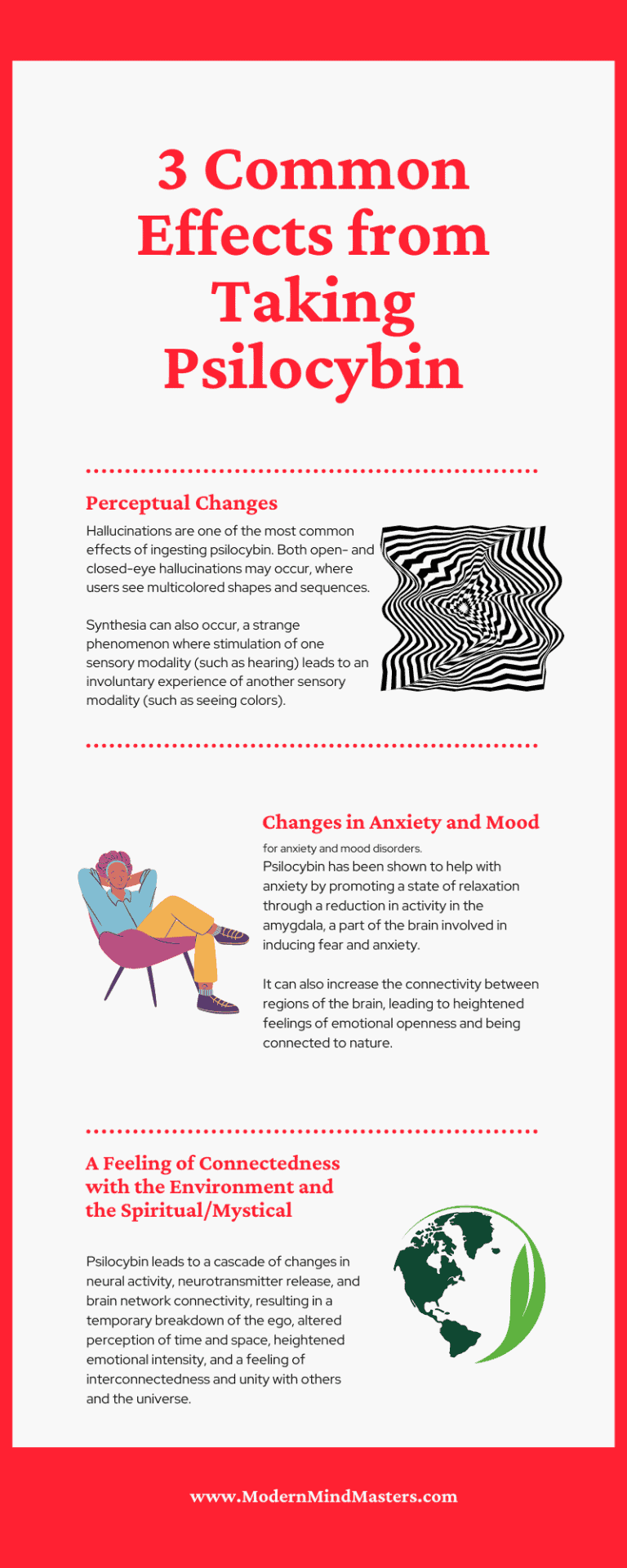
Psychedelic substances have been shown to decrease activity in the default mode network (DMN), a set of brain regions that are active when not engaged in a dedicated task, such as when daydreaming, meditating, or self-reflecting.
Bad habits, addictions, and traumatic memories can be visualized as deep wells on a flat surface, such as those pictured in the image below from Richard Daws, Kings College London.
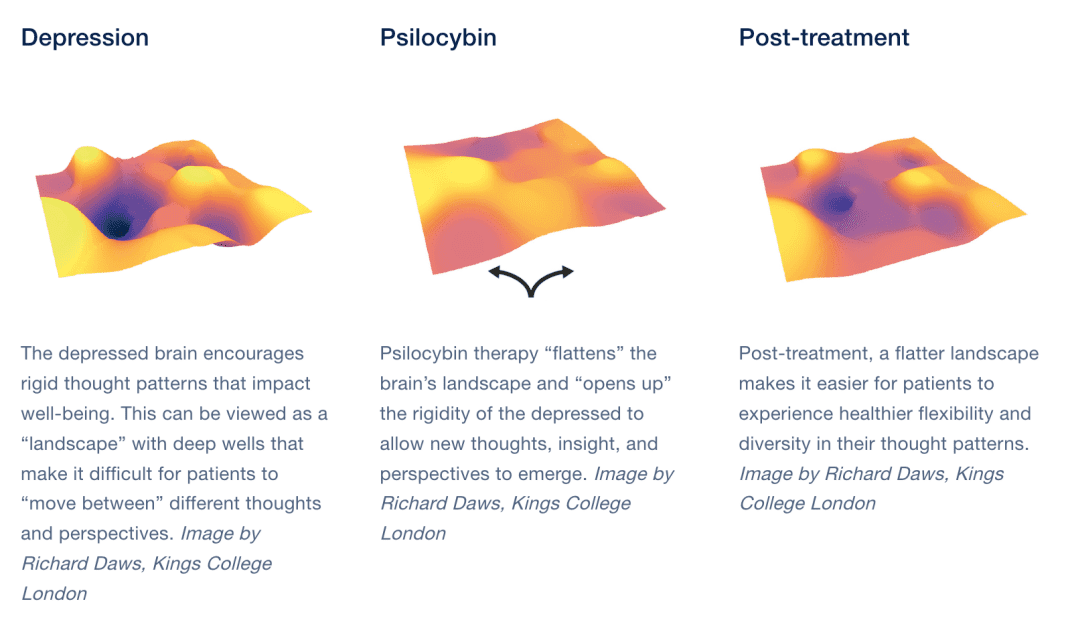
A depressed brain encourages rigid thought patterns that can be represented as deep troughs (deep blue wells in the image above). These deep troughs make it difficult to escape and move between different thoughts, and patients find themselves stuck in their mentally damaging ways.
Psilocybin, however, flattens the wells and troughs in the landscape, as shown in the middle image, allowing a patient to escape the rigidity of depressive thoughts and providing the space to create new positive ones.
Even after psilocybin treatment, the landscape remains flatter than before treatment for a significant time (image on the right), facilitating the creation of healthier and more diverse thought patterns long after psilocybin has worn off.
How Long Does Psilocybin Stay in Your System?
The effects from psilocybin typically last between 2 and 6 hours, depending on many variables such as set and setting and dosage. Some users report feeling longer periods since it tends to distort the perception of time.
Once ingested, the effects begin after 10–40 minutes. Many report feelings of nausea after eating magic mushrooms, but this is thought to be due to the mushrooms themselves, not psilocybin.
Where is Psilocybin Legal?
Psilocybin is classified as a Schedule I drug in the United States, which means that it is illegal and considered to have no currently accepted medical use and a high potential for abuse. Modern research, however, has proved therapeutic benefits for mental health, and there is an increasing call to legalize psychedelics for medicinal purposes.
Oregon, California, Washington D.C., and Oregon recently decriminalized psychedelics to some degree, and it is likely other states will soon follow with additional research.
In some jurisdictions, Psilocybe spores are legal to sell and possess, because they contain neither psilocybin nor psilocin.
Most jurisdictions currently consider the cultivation of psilocybin mushrooms as drug manufacturing and is therefore severely penalized. New Mexico, and some other countries, have ruled that growing psilocybin mushrooms do not qualify as manufacturing, however.
What is Psilocybin Good For?
The therapeutic use of psilocybin has yielded significant results in some key areas of mental health that are notoriously difficult to treat conventionally.
1) Psilocybin for Depression
According to recent research performed by Johns Hopkins Medicine, psilocybin-assisted therapy (taking a small dose of psilocybin in a controlled environment under professional supervision) significantly reduces depression.
The study involved 27 participants with a long-term history of depression who were each given two doses of psilocybin two weeks apart. The treatment produced decreases in measured depression for up to one year after treatment, with 75% reporting improvements and 58% considered in full remission.
Higher does, however, have been found to induce the opposite reaction. In this study, 31% of volunteers given a high dose reported feelings of significant fear, with 17% experiencing paranoia.
Almost 36% of participants had a strong to extreme experience of fear or dysphoria (a bad trip) at some point during the psilocybin session. These effects, however, were reported to be easily managed without a lasting negative effect, showing the importance of ensuring professional supervision when engaging with psychedelics.
2) Psilocybin for Anxiety
One particular group to benefit from psilocybin’s antidepressant nature is terminal cancer patients, who often develop chronic symptoms of depression and anxiety, exacerbating the problem.
This paper studied the effect of psilocybin on 51 cancer patients with life-threatening diagnoses and symptoms of depression. High-dose psilocybin resulted in decreases in measures of depressed mood and anxiety, along with increases in quality of life, life meaning, optimism, and decreases in death anxiety.
Having followed up with these patients after six months, 80% of participants continued to show clinically significant decreases in depressed mood and anxiety.
3) Psilocybin for PTSD
Some research has also highlighted psilocybin’s’ potential use for the treatment of Post Traumatic Stress Disorder (PTSD), a difficult-to-treat mental health condition triggered by experiencing or witnessing a traumatic event.
A 2016 study found that psilocybin-assisted therapy led to significant and lasting reductions in symptoms of PTSD in a small sample of participants who had not responded to other treatments.
A 2018 study found that a single dose of psilocybin, when combined with psychotherapy, resulted in significant reductions in PTSD symptoms in a small sample of veterans.
A recent randomized, double-blind, placebo-controlled trial found that psilocybin, when combined with psychotherapy, led to significant reductions in PTSD symptoms compared to a control group.
4) Psilocybin for Addiction
The detrimental effects of addiction, a particularly damaging condition that can quickly worsen and spiral out of control, have also been shown to be mitigated soon after psilocybin use.
A pilot study from 2015 found that psilocybin-assisted therapy was effective in reducing alcohol dependence in a small sample of participants.
Another study in 2018 found that psilocybin-assisted therapy led to significant reductions in depression and anxiety in individuals who were attempting to quit smoking.
Lastly, a recent randomized, double-blind, placebo-controlled trial in 2021 found that psilocybin-assisted therapy led to significant reductions in cravings and relapse rates in individuals with major depressive disorder and co-occurring nicotine dependence.
5) Psilocybin effects on Emotions and Mood
Through altering brain activity and neurotransmitter levels, psilocybin has been shown to lead to significant changes in mood, perceptions, and emotions.
Users have reported increases in positive emotions, such as joy, love, and a sense of connectedness, while decreasing negative emotions, such as fear and anxiety.
Psilocybin has also been found to increase subjective traits such as emotional openness, empathy, and social connectedness, although the effects are dependent on many variables.
What Causes Bad Trips & Experiences?
A 2005 survey conducted in the United Kingdom found that almost a quarter of those who had used psilocybin mushrooms in the past year had experienced a panic attack.
During these “bad trips”. Users report strong feelings of fear, anxiety, and paranoia, occasionally leading to dangerous behavior.
The most common reason for bad trips is thought to be due to what is known as “set and setting” – the mindset and physical/social environment in which psychedelic substances are consumed.
For example, “tripping” during an emotional or physical low may lead to a strong negative reaction, as well as taking the drug in a non-supportive environment. Mixing psilocybin with other drugs, such as marijuana and alcohol, can also increase the likelihood of bad experiences.
In terms of overdosing, psilocybin in its mushroom form is considered safe due to its low potency by weight – nearly 1.7 kg of dried mushrooms (or 17 kg fresh mushrooms) – would be required for a 60 kg person to exhibit psilocybin poisoning, according to this study performed on rats.
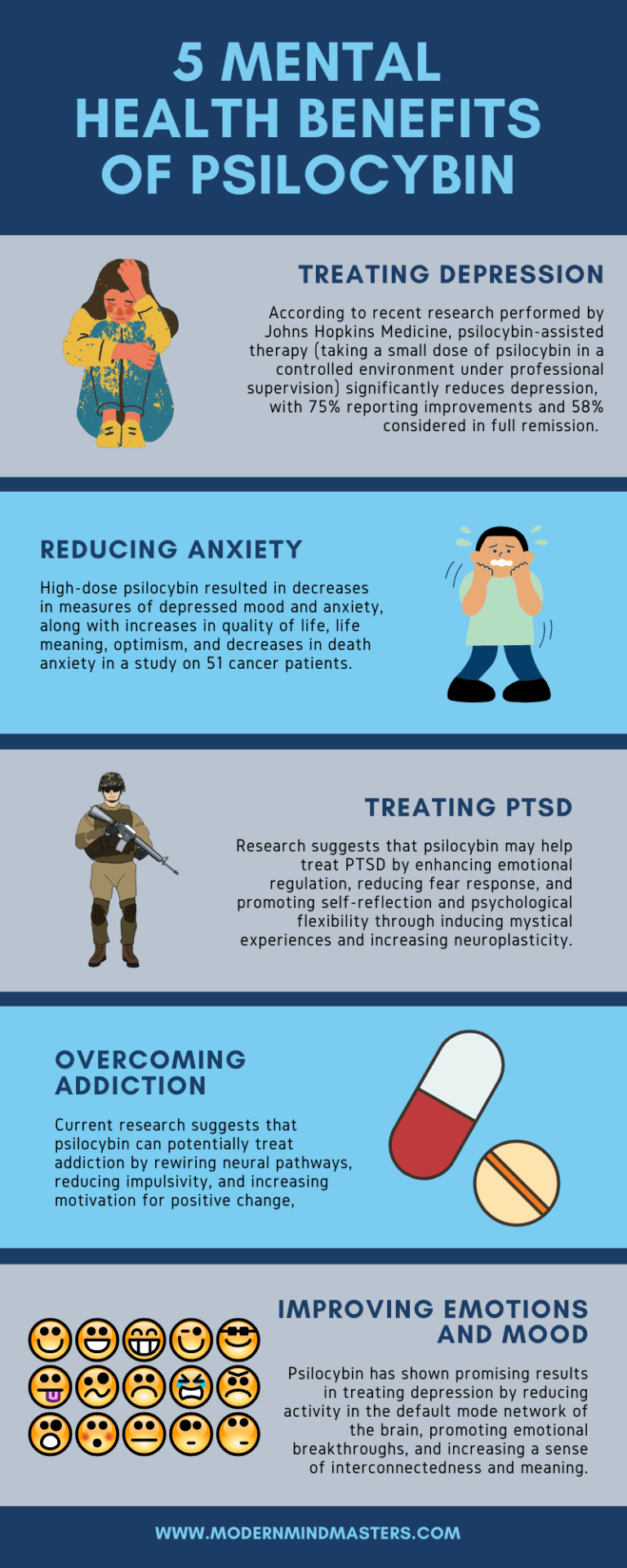
How Does Psilocybin Compare with Other Drugs?
The effects of psilocybin are comparable to other similar doses of psychedelics, such as LSD and mescaline.
Author Peter Stafford, in his book Psychedelics Encyclopedia, wrote that “The psilocybin experience seems to be warmer, not as forceful and less isolating [than other psychedelics]. It tends to build connections between people, who are generally much more in communication than when they use LSD.”
Psilocybin-Assisted Therapy
Psilocybin therapy, a form of psychedelic-assisted therapy, aims to help treat those suffering from mental health afflictions by unlocking the therapeutic benefits of psilocybin in a safe and controlled environment.
The therapy typically involves a trained therapist guiding an individual through the experience while providing support and helping them process the insights and emotions that arise during the session. Psilocybin therapy is often combined with other forms of therapy, such as talk therapy or cognitive-behavioral therapy, to maximize its benefits.
The psychological support element of the therapy is considered to be as important as the pharmacological effects of psilocybin. Without it, the chances of getting the correct dose, and avoiding bad trips and negative feelings, are much lower.
Conclusion
Depending on who you speak to, psilocybin and other psychedelic use can elicit varying responses.
For lawmakers and anti-drug groups, they are a dangerous group of illegal drugs that can cause a person to suffer from similar ill effects as other illicit drugs.
For medical professionals, however, who dream of a better way to deal with notoriously hard-to-treat mental conditions such as depression, PTSD, and addiction, psilocybin could open a new era of proactive mental health treatment.
The pharmacological effects of psilocybin alone, however, are not enough for successful psychedelic-assisted therapy; the set and setting, that is, the use of the drug in a safe, calm, and controlled setting, under professional and trained supervision, is just as important.
How long it takes before this therapy turns mainstream is still unclear; as with all things, politics, and legal legislation will act to slow its uptake.
While psilocybin may not be a cure-all, it’s certainly worth considering as a tool in the mental health toolkit. After all, sometimes a little bit of magic can go a long way!
FAQs
What is psilocybin and how does it work?
Psilocybin is a psychedelic compound found in over 200 mushroom species. After ingestion, the body converts it into psilocin, which affects serotonin receptors in the brain. This leads to changes in perception, mood, and emotional processing — the foundation of its potential mental-health benefits.
What does psilocybin feel like?
People commonly report visual distortions, altered perception of time, heightened emotions, and a strong sense of connectedness. Experiences vary by dose, environment (“set and setting”), and individual biology. Effects typically last 2–6 hours.
Can psilocybin help with depression, anxiety, or PTSD?
Yes. Research from Johns Hopkins and other institutions shows psilocybin-assisted therapy can reduce depression, anxiety, PTSD symptoms, and addiction cravings — often with long-lasting effects after just one or two controlled sessions.
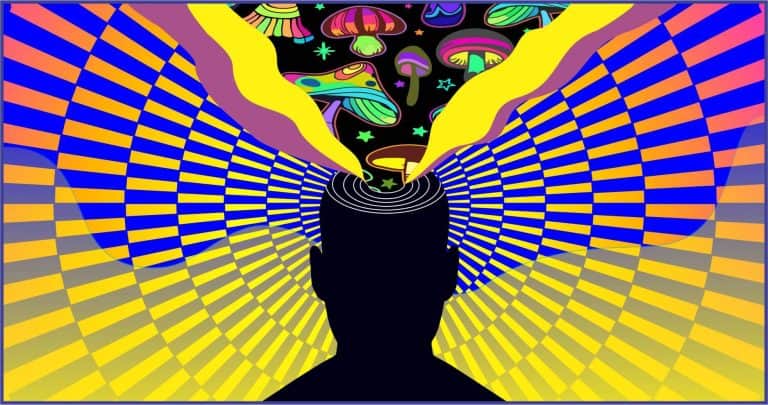
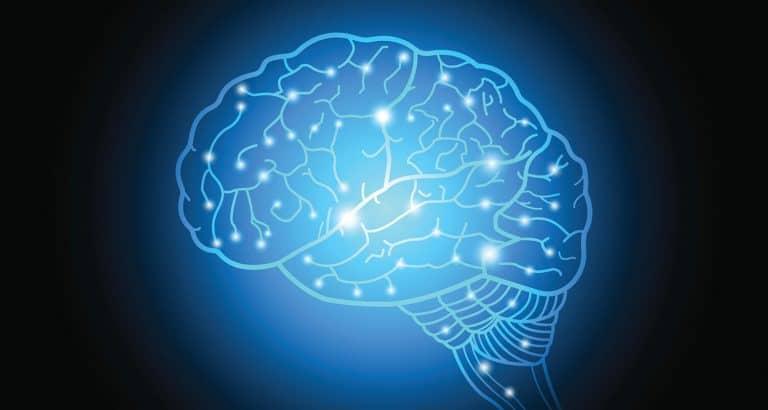
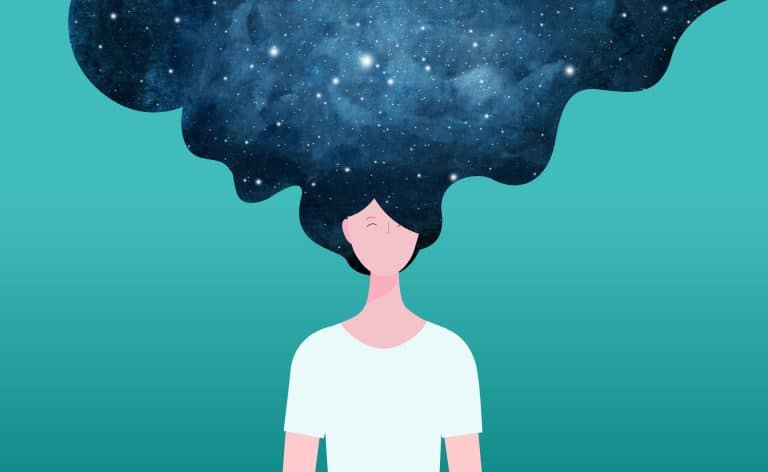


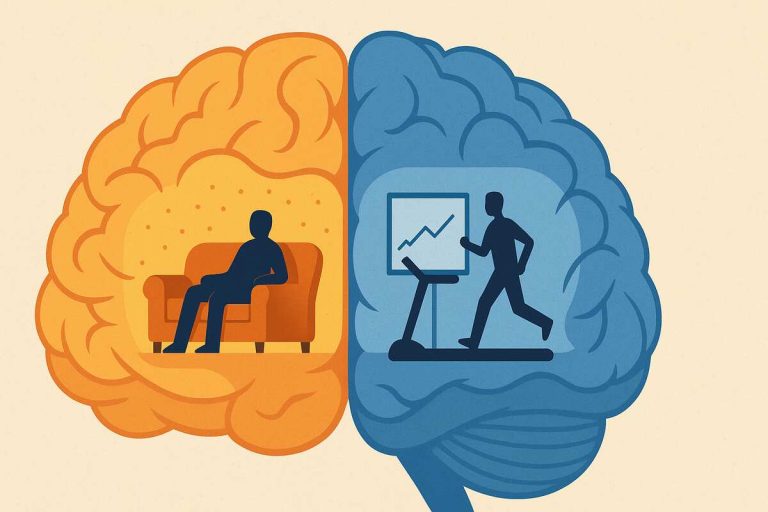
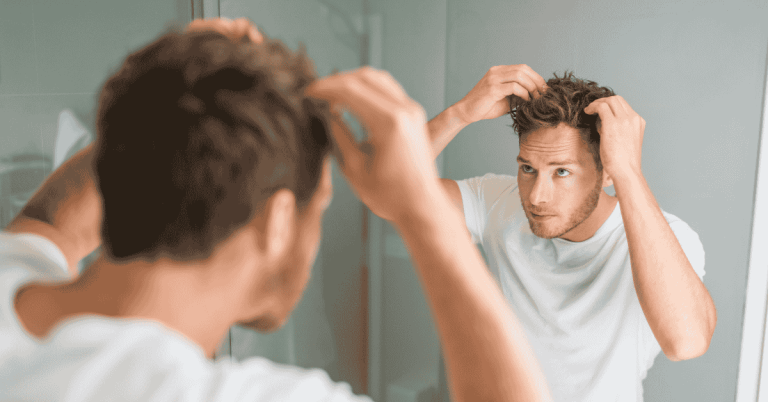
2 Responses
Awesome article!
Thank you!
Glad you enjoyed!